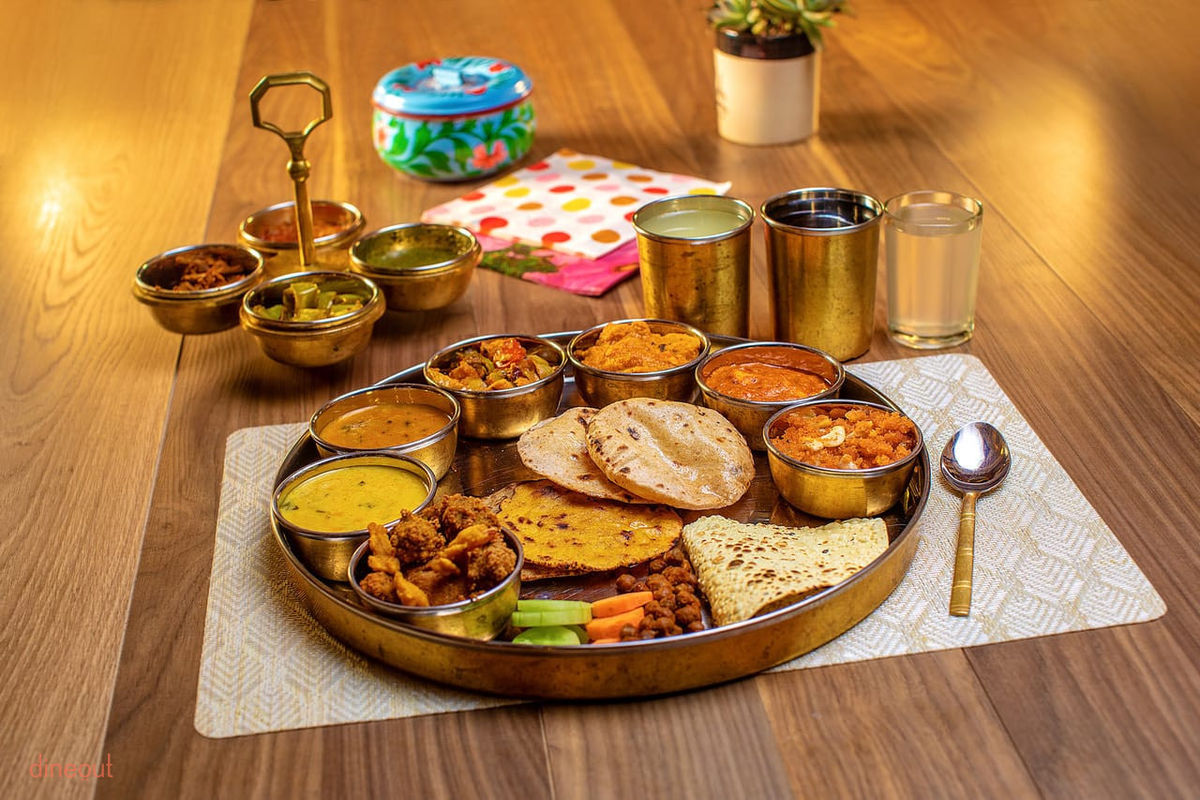
My recent job is to gain a better understanding of how diabetes complications can be reduced in the rapidly increasing number of India and other countries. To do this, understand how risk factors for diabetes are reduced, get better treatment and medical services for people with diabetes, and the system best considers the cost or cost dynamics of people. It involves understanding how we can support you. By 2030, about 98 million Indians could become diabetic. These predictions are from the International Diabetes Federation and the Global Disease Load Project.
These future rates are based on current figures, past trends in other countries that have experienced similar risk factors, and risk changes, including changes in sweet diet and physical activity. There are also changes in so-called competitive factors. As people get older and other illnesses decrease, so does the incidence of diabetes. Sugar is a major factor supporting this situation. Many dishes around the world have had sweet teeth throughout history. But what is different in relation to sugar today is that the concentration and composition of what we are eating now are compared to the previous year. In addition, daily consumption density and consumption will be significantly different. Changes in the form and weight of sugar consumed are currently driving these health effects.
Worryingly, many children in India are also affected by diabetes. Children develop obesity and metabolic syndrome early as their diet changes to more processed fast foods. As doctors, we need to be prepared for this situation. One of the biggest shifts that are happening in our healthcare system today is to understand how to move away from traditional methods of dealing with the interaction between health care and public health.
In many cases, this was very acute and short-term. For example, if you had a common infection, you were given antibiotics and he was cured immediately. Therefore, the relationship with the primary care physician is simple. But now we need to better understand our progressive and long-term relationships with primary care providers. This is needed to understand how to control these chronic lifestyle-related diseases and to negotiate the need for drugs, the availability of healthier foods, and more. Due to the prevalence of health-threatening diets and lifestyles, the healthcare system requires longer time slots rather than one-off discussions.
In addition, as diabetes increases, access to insulin becomes a major challenge.
Insulin was invented decades ago, but surprisingly, there is no generic insulin yet. Its price and refrigeration requirements make it difficult for people in rural and developing areas to access it. My optimists suggest that we will be able to provide insulin to more people driven by demand. Despite the complexity associated with the injected drug, the Covid-19 vaccine was able to reach rural and remote areas of India. But at the same level of insulin innovation, you need to understand how to improve your infrastructure for deliverability and affordability.
This also requires consideration of different options for diabetics, including those with type 1 diabetes who truly need insulin and those with type 2 diabetes who can use other alternative therapies. The relationship with sugar also needs to be reconsidered. India is very progressive in its approach to sugar through its tax structure. In Mexico, which was even more worried about obesity and diabetes, taxation on sweet drinks has shown promising results, with the poorest people benefiting proportionally from this policy in terms of health. In addition, I also hope that India will take a broader perspective on how to balance the growing desire for a more Western diet with more attention to such dietary failures. I’m out. This involves thinking about multiple factors, from trade policy to the rediscovery of a more traditional and healthier diverse diet. Given the medical consequences, such mitigation in time is really beneficial.
Source: https://indianewsrepublic.com/